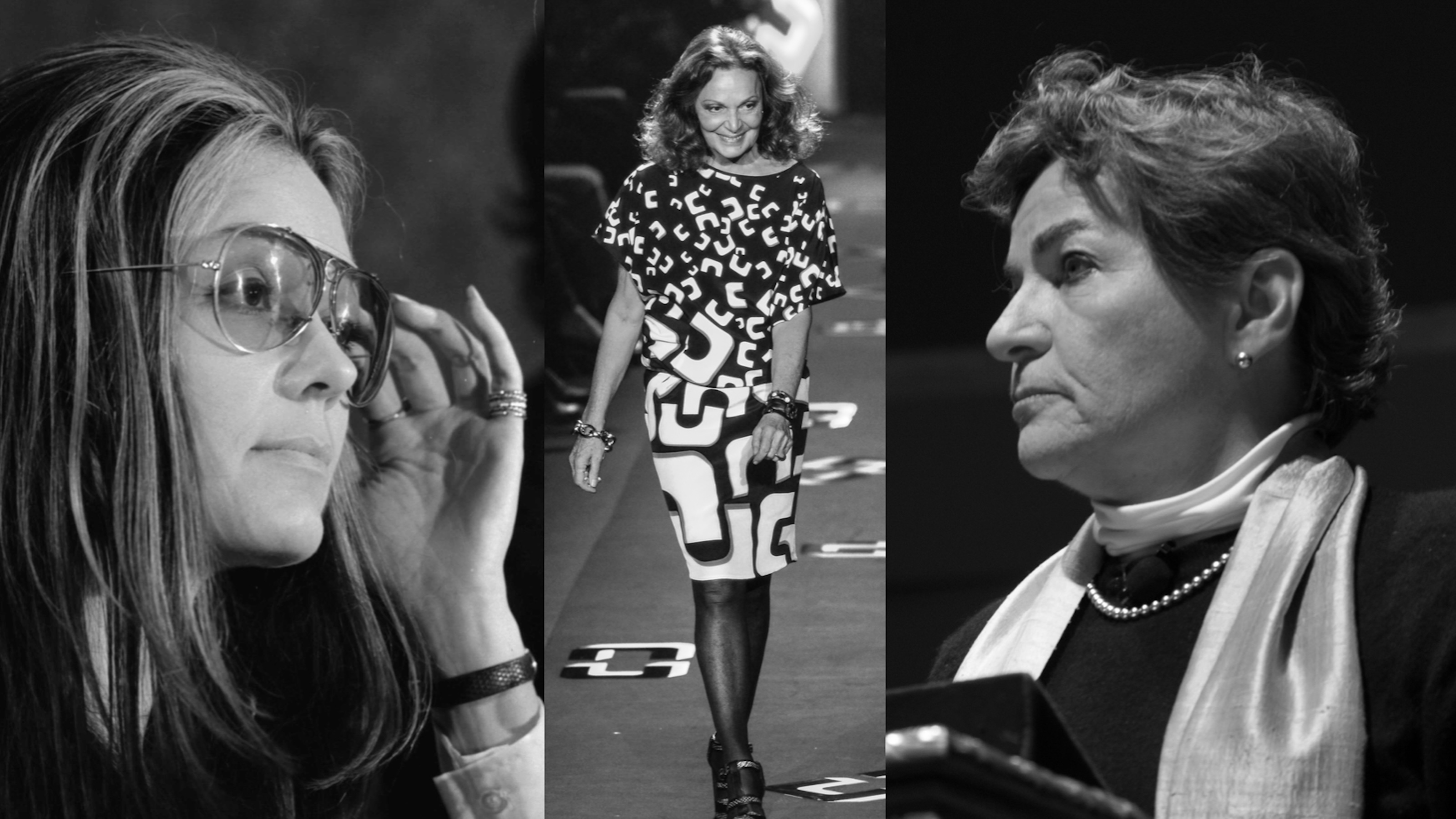Dambisa Moyo on how the U.S. makes bad leaders worse
Question: Why has corruption thrived in Africa?Dambisa Moyo: On the point of corruption, the problem is that it makes good governments bad and bad government worse.
And how does that happen? It boils down to incentives. It doesn’t matter where you are on this Earth. If you live in New York or in London or in anywhere in Africa, we’re all driven by incentives. Governments are incentivized as are individuals and as societies as a whole.
The problem with aid, which is essentially giving free money to somebody with no recourse, it means that the incentive structure; it introduces a very negative incentive structure. You can steal that money and have no recourse. You can use that money for non-productive activities and there’s no penalty. There’s no punishment. You don’t lose office. You don’t end up in jail. And because of that, what in economic seat call; you cannot have rent seeking, which is the economic term for corruption or graft; you cannot have rent seeking without a rent. And unfortunately, the aid provides that rent in the context of many African countries and it’s a very easy thing to steal.
Question: Are corrupt African leaders products of the aid model?Dambisa Moyo: I don’t think in the African context you can separate the aid model from the political leadership that we have.
The good African leaders that we do have across Africa are actually because they themselves have moral qualm to actually do what’s right. What I mean by that is it’s all too easy if you are a good leader to become bad and the bad leader to become worse. So, there’s a reason why African history is littered with examples of despotic and tyrannical leaders across the continent who’ve stayed in power for many, many years. Even in those situations, they have very clearly continued to receive aid monies.
I wish I could sit here and say actually this is the figment of the past, it’s not. There are still may African leaders that are still facing charges; very regularly most recently we were still hearing of governments that are actually being sued for stealing aid money. So, this is not something from the past and I think it’s virtually impossible to strip out the aspect of political leadership from the aid model. The notion of lack of accountability immediately comes in when you’ve got an aid model.
Question: Why aren't more native Africans involved in policy-making?Dambisa Moyo: I think there have been a number of Africans. The debate about aid to Africa is going on everyday across the continent. Unfortunately, many Africans do not have the space or the airtime to actually be able to comment on what they either agree or even disagree about the aid model. I think it’s also quite interesting that it’s not just the average African who’s not getting airtime, it’s the political leadership.
If you ask Americans to name three African leaders or maybe even just one African President and who they could say they knew, what their view was about, where the continent is going and how aid is helping or not helping? They wouldn’t be able to do that because the face of Africa is not of Africans, whether the average African; nor is it the face of African leadership that vacuum has been taken over by other people.
Recorded on: March 26, 2009.





